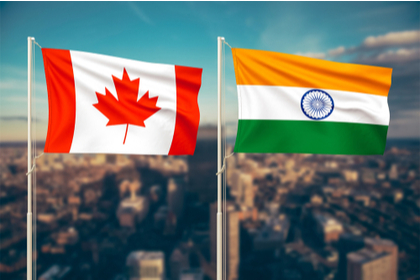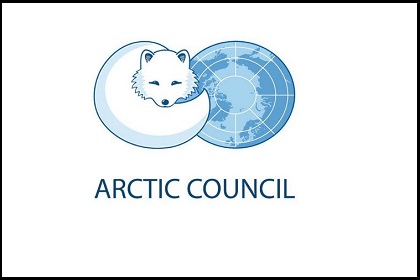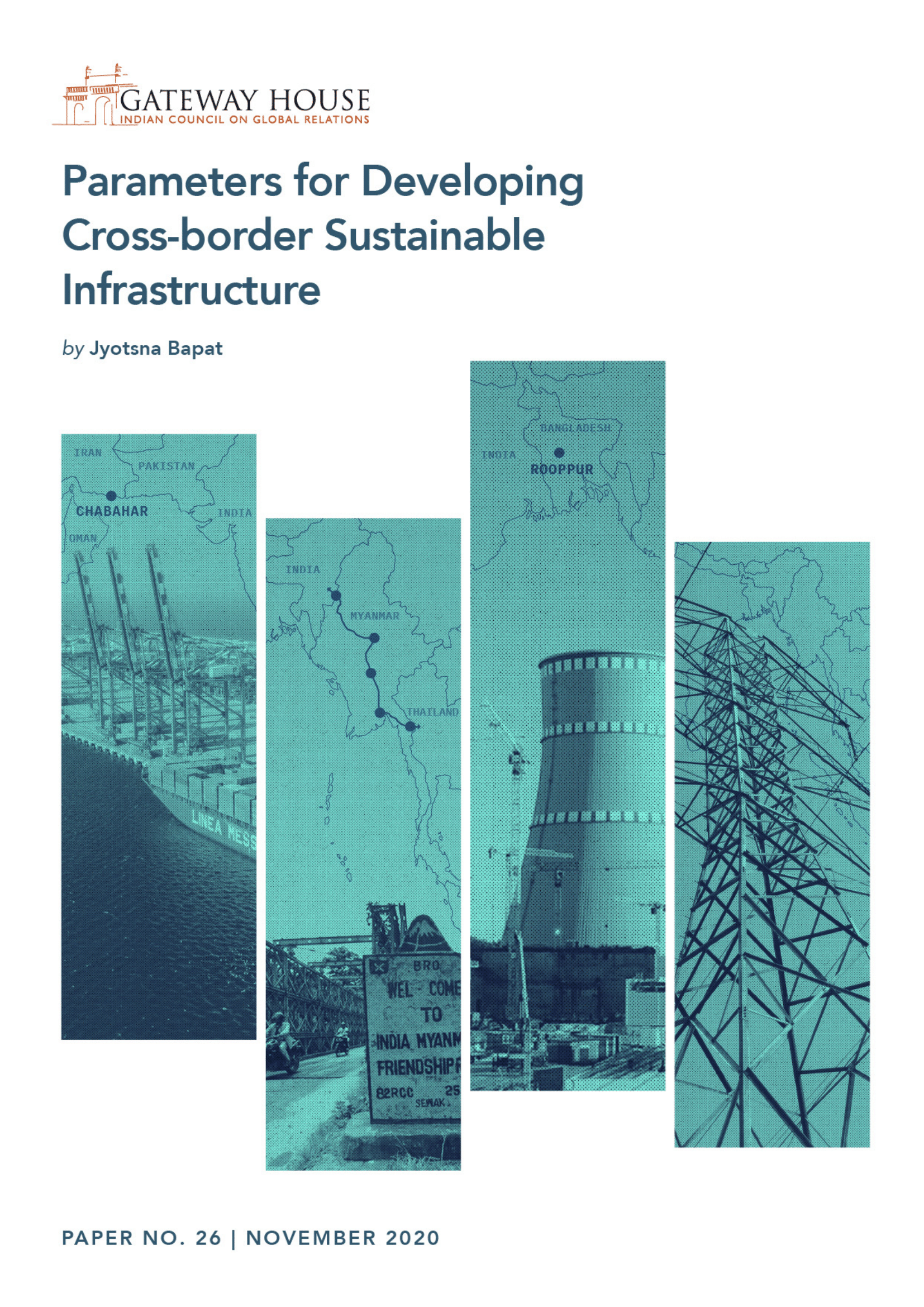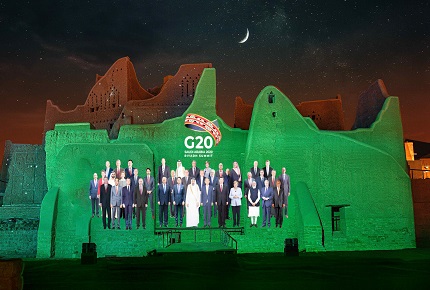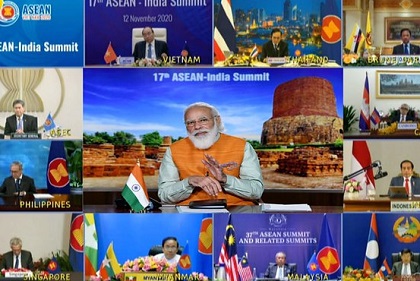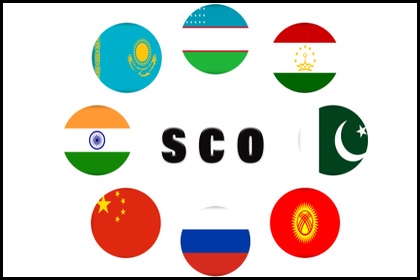India and Canada: A third pole
Canadian Prime Minister Justin Trudeau's controversial wading into the Punjab farmers' protests has obfuscated the hard work done by diplomats and think tanks on both sides over the past three years, to boost the bilateral. India and Canada have much to gain from each other's strengths in technology, natural resources and investment, and even more if they collaborate internationally to develop an alternative to the current bipolar world order

